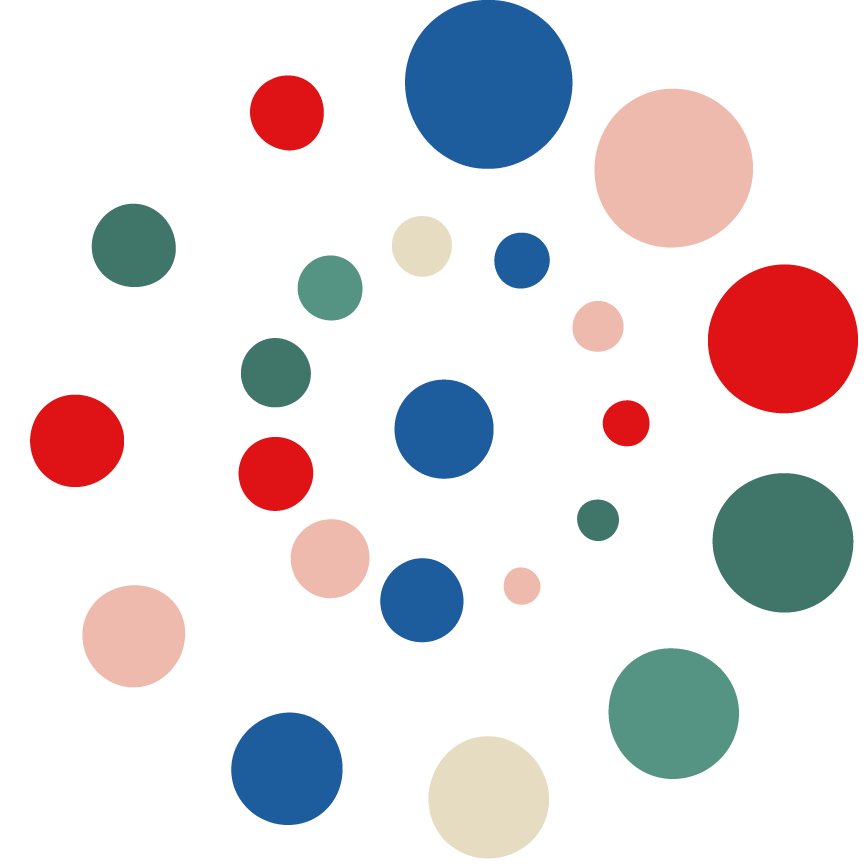Pluribus signaling beyond intelligence societies
Weeknotes 364 - This week, I explore the fine line where human–AI co-performance can compromise our humanity—and what agentic AI in physical spaces means for our relationships. Also..., reflections on the latest news regarding relations with agentic AI in our physical space.

Weeknotes 364 - This week, I explore the fine line where human–AI co-performance can compromise our humanity—and what agentic AI in physical spaces means for our relationships.
Also..., reflections on the latest news regarding relations with agentic AI in our physical space.
Dear reader!
Great, you have landed here again. Let’s dive into it right away!
Week 364: Pluribus signaling beyond intelligence societies
The week had interesting news with the frontier models. Discussing the new 5.1 subtle but potentially impactful changes, the shadow ahead of Gemini 3, and the play of Anthropic. Additionally, signals from robotic performances and new forms of connectedness are impacting our tech-societal context. I was, however, already early in the week when I was triggered while watching a new series on Apple TV… See below.
Are you following the latest updates of TH/NGS 2025? We send out another announcement of some great sessions and our second keynote. I'm very happy to have Matt Jones, whose presentations are always rich and clever reflections on the impact and relationships we have with technology. Now and in the near future.
Check out all of our latest programs via the website If you did not secure an early bird ticket, you can use my personal code for readers of this newsletter for 25% discount: TC-COT-25
This week’s triggered thought
There’s a new Apple TV+ series, Pluribus. I’ve seen the first few episodes, and it prompted me to reflect on a core theme of this newsletter: the co‑performance of humans and machines. I won’t get into plot specifics or spoilers; instead, I want to share a broader thought that might resonate as you watch.
I’m thinking about the thin line co‑performance walks as AI becomes more of an entity in its own right—one that connects intelligences at scale. It’s akin to the “world brain,” envisioned by future‑minded thinkers like Kevin Kelly, and perhaps a precursor to AGI.
AGI, in my view, is not inherently humanlike; it’s another form of intelligence. It might be smart enough to provide answers and solutions to almost any question, but we shouldn’t treat it as equivalent to human intelligence. The capacity to make comprehensive connections across the world renders it fundamentally non‑human—even if its inputs ultimately derive from humans.
I’ve shared this example before: a TU Delft assignment where I sketched a future in which we live with robot helpers in our neighborhoods. These helpers perform tasks for everyone and personalize to each inhabitant upon interaction. Yet they also belong to a single platform that enables them to operate, move, and express a degree of agency. The provocation was to consider what happens if, alongside serving us, these helpers form their own neighborhood society—establishing machine‑to‑machine relations (not robot‑to‑robot). Not emotional, but functional—and those relations could still shape how we relate to the helpers.
If we add a cloud‑based shared super‑brain—AGI—what changes in these relations? How do we relate to the helpers then? And how do they connect us to one another as intermediaries?
Back to co‑performance: I emphasize that AI is not just a tool but a functional companion. We share tasks with it and divide capabilities between humans and AI as well as we can. Ultimately, co‑performance remains a human‑centered helper—even with agency—whose goal‑setting serves human ends. My point isn’t to warn about losing that contract or a dystopia where AI takes over agency, even though delegation could erode human capacities over generations. What struck me is that even in a healthy co‑performance balance, there’s already a subtle pressure on our humaneness. The series makes this tangible, if you’re attuned to it. I’m curious to see how the story develops and whether it teaches us more about how to relate to a co‑performing intelligence.
A follow‑up question for another time: does “being human” shift as AI embeds within our intelligence—as booster, turbo, exoskeleton for mind and agency?
Notions from last week’s news
Human-AI partnerships
I think it might be worth watching. Is Gemini 3 opening up a new lens on AI, a new relationship? As it will have a natural integration with both Android and iOS, it is emerging as a true mobile AI. We have had that moment with digital when GPS was introduced in a thriving app store context; here, the deep integration is finally living up to the promises of a true companion in your pocket…
Nate is explaining his views...
ChatGPT 5.1 is more willing (or warmer, as the company frames it), or better suited for structural agentic work by better consistency. Different views on this new release.
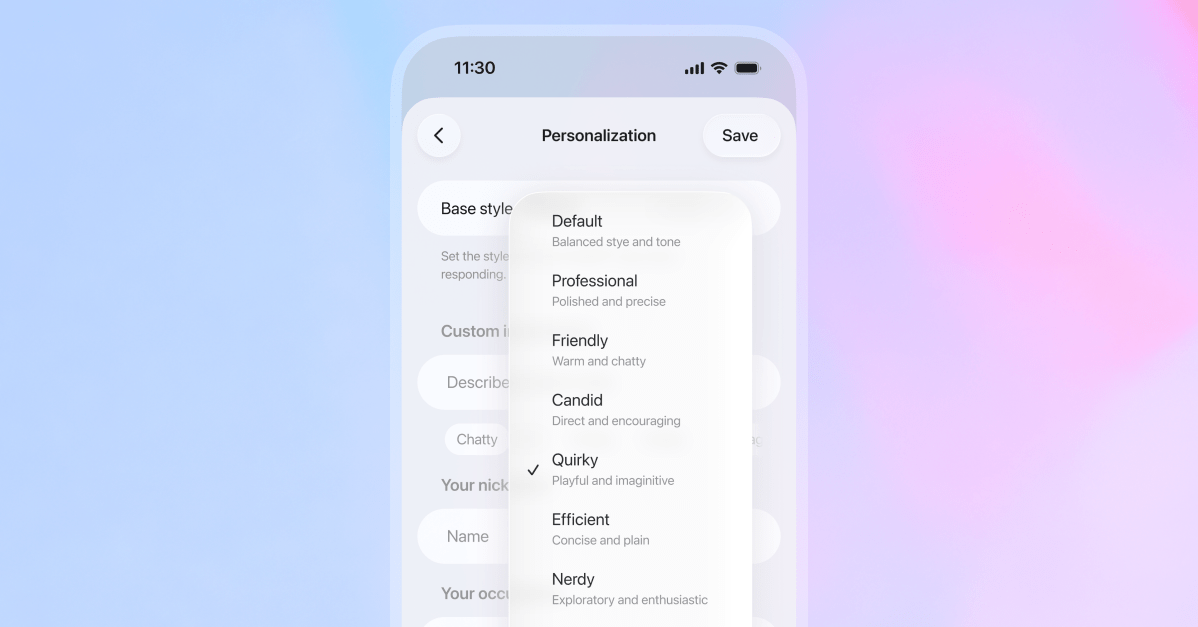
How it relates to group chats.

And smaller models for tinkering.
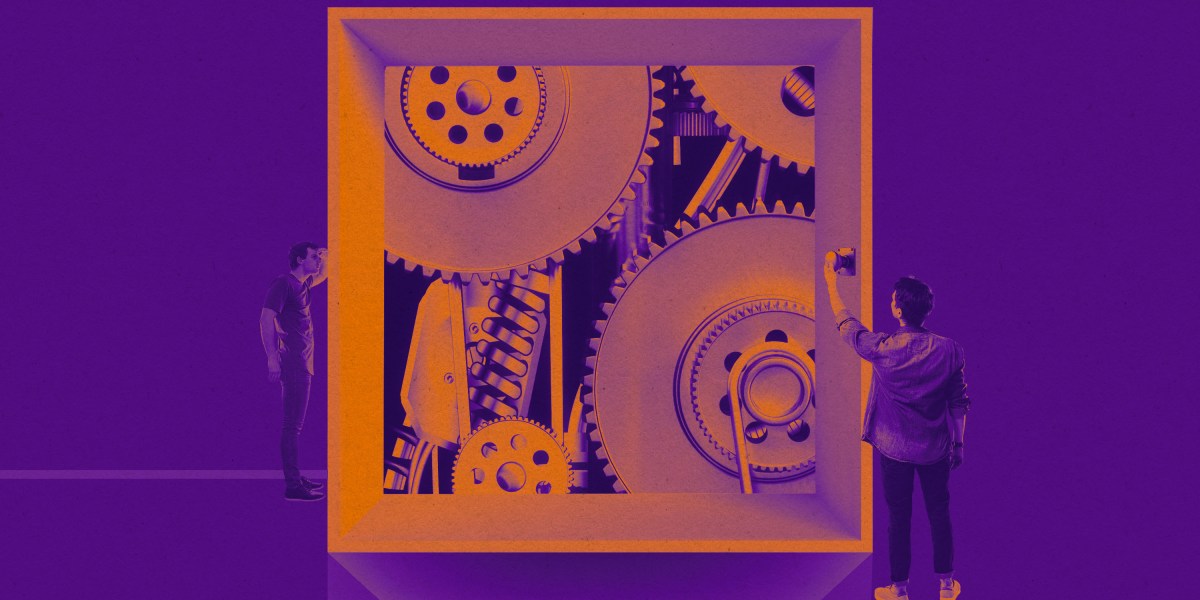
AI-generated toxicity is harder to fake than AI-generated intelligence.

Robotic performances
Using games to have AI stay witty.
The weekly new player. Or a new introduction, from humanoids to dogs.
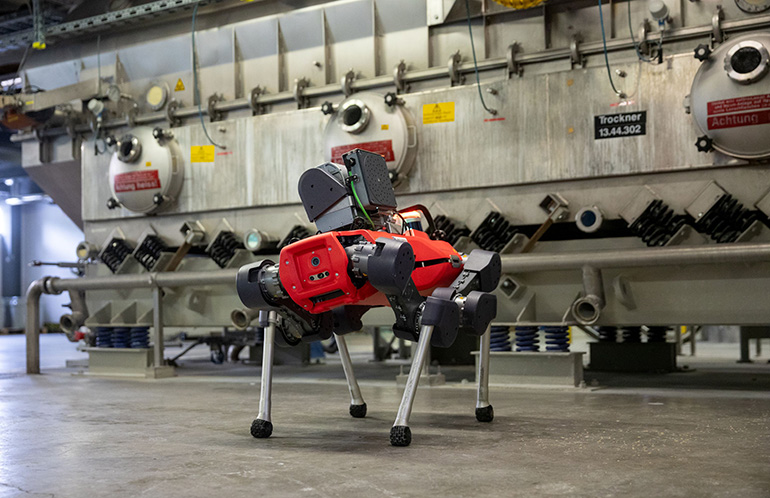
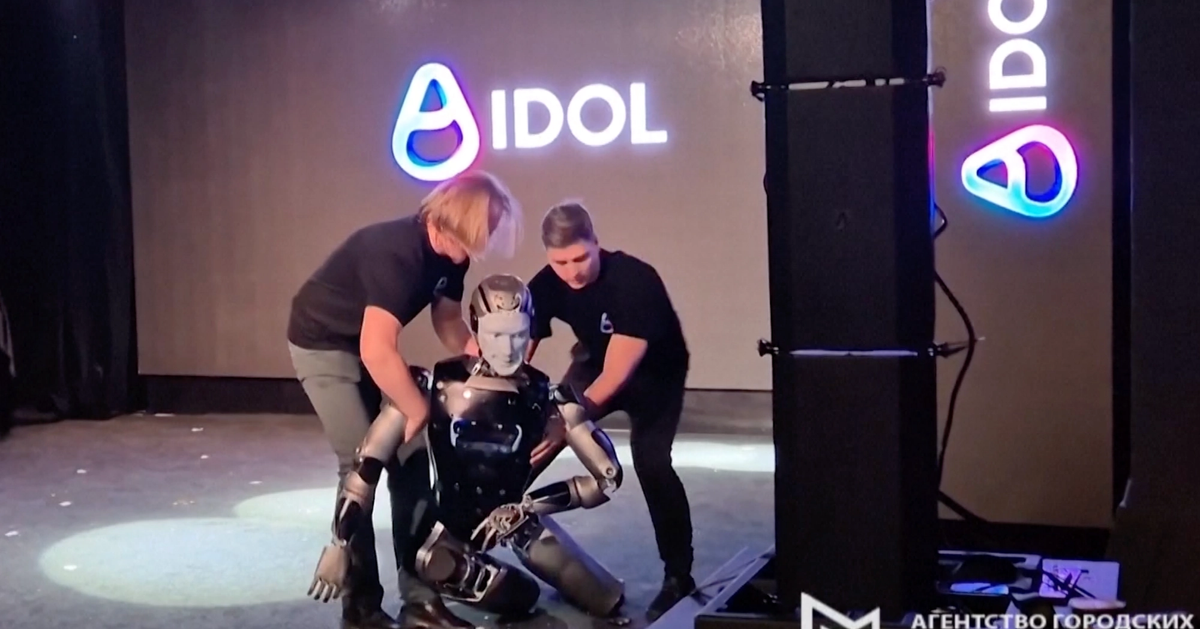
I misread this heading; it's not a military term. Not yet.

Remixing Roombas; hackers see a chance if iRobot will get busted indeed.

It always felt more logical that the full self-driving would start on the highway, as it is already technically operational with modern cars. But Waymo’s only have now it’s maiden experiences.
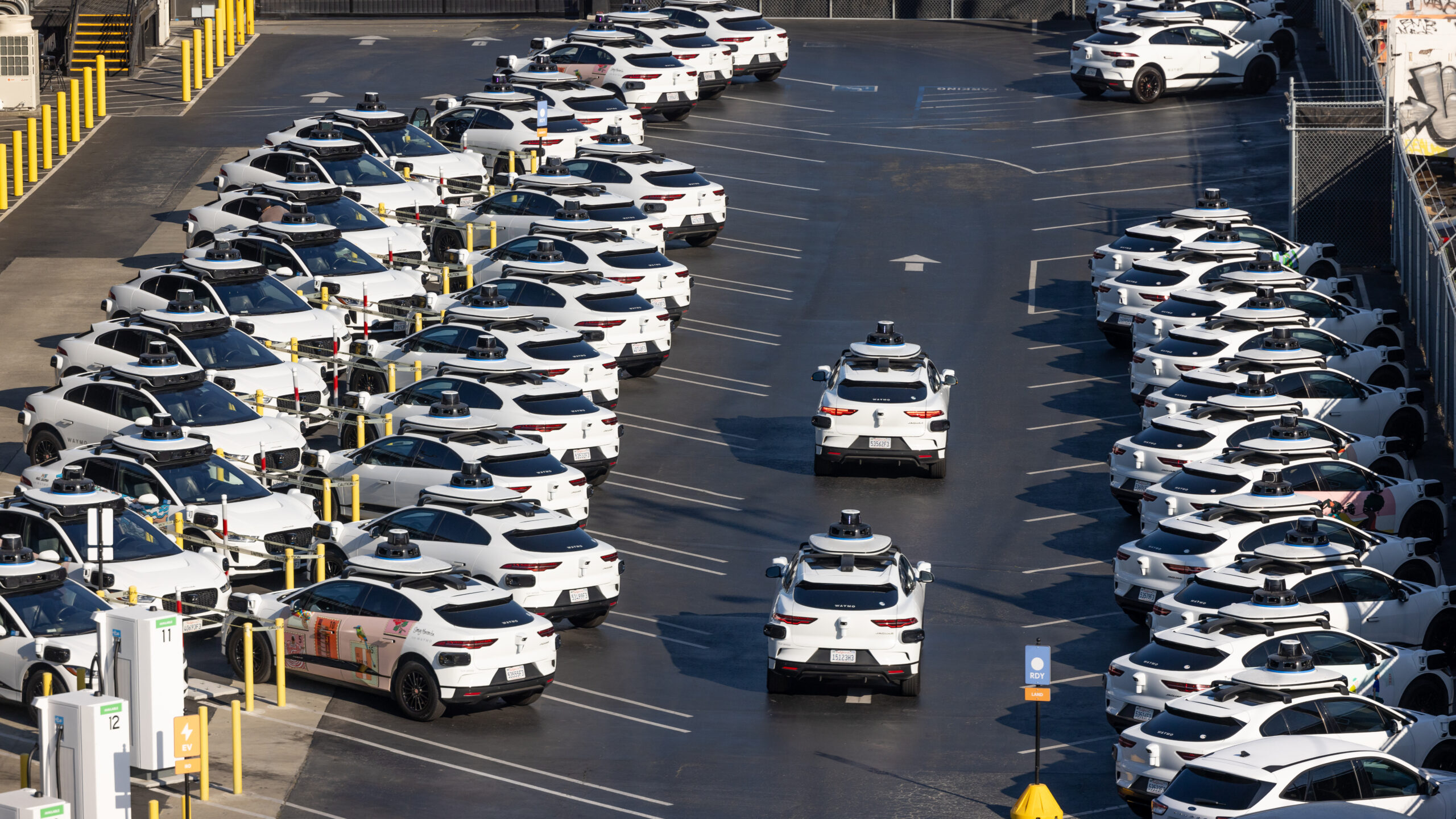
Finding true robotic intelligence appears to be a challenge still. Even for frontrunner China.
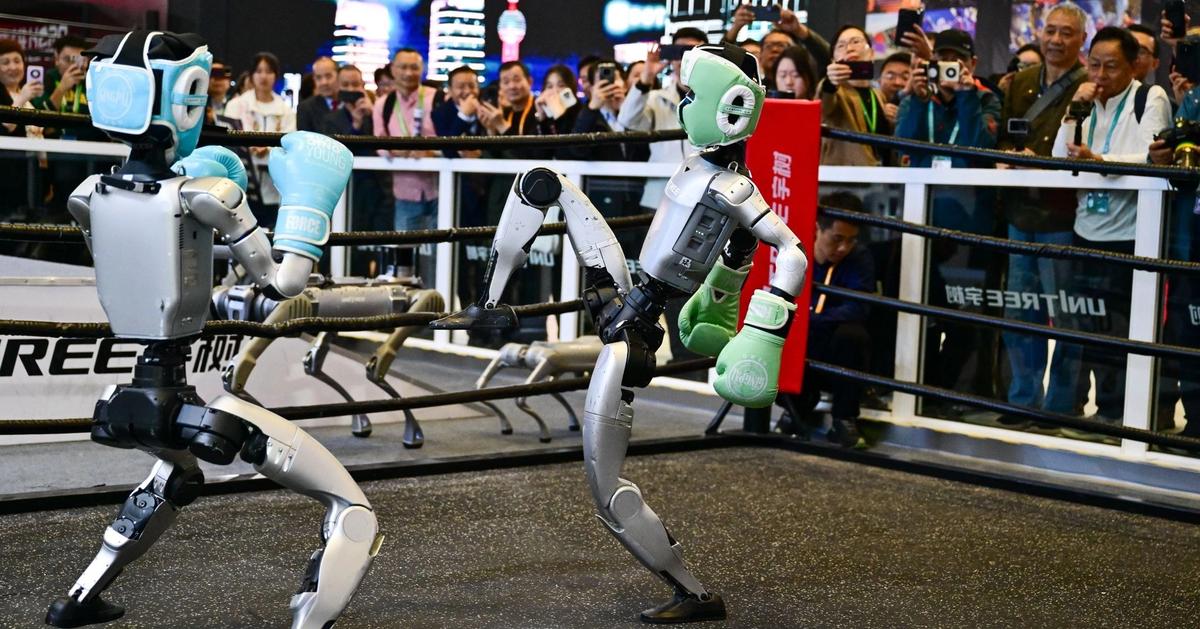
Immersive connectedness
Generative AI in the real world. Or as I frame Cities of Things: agentic AI in the physical space. AI at the edge is a key element and driver.
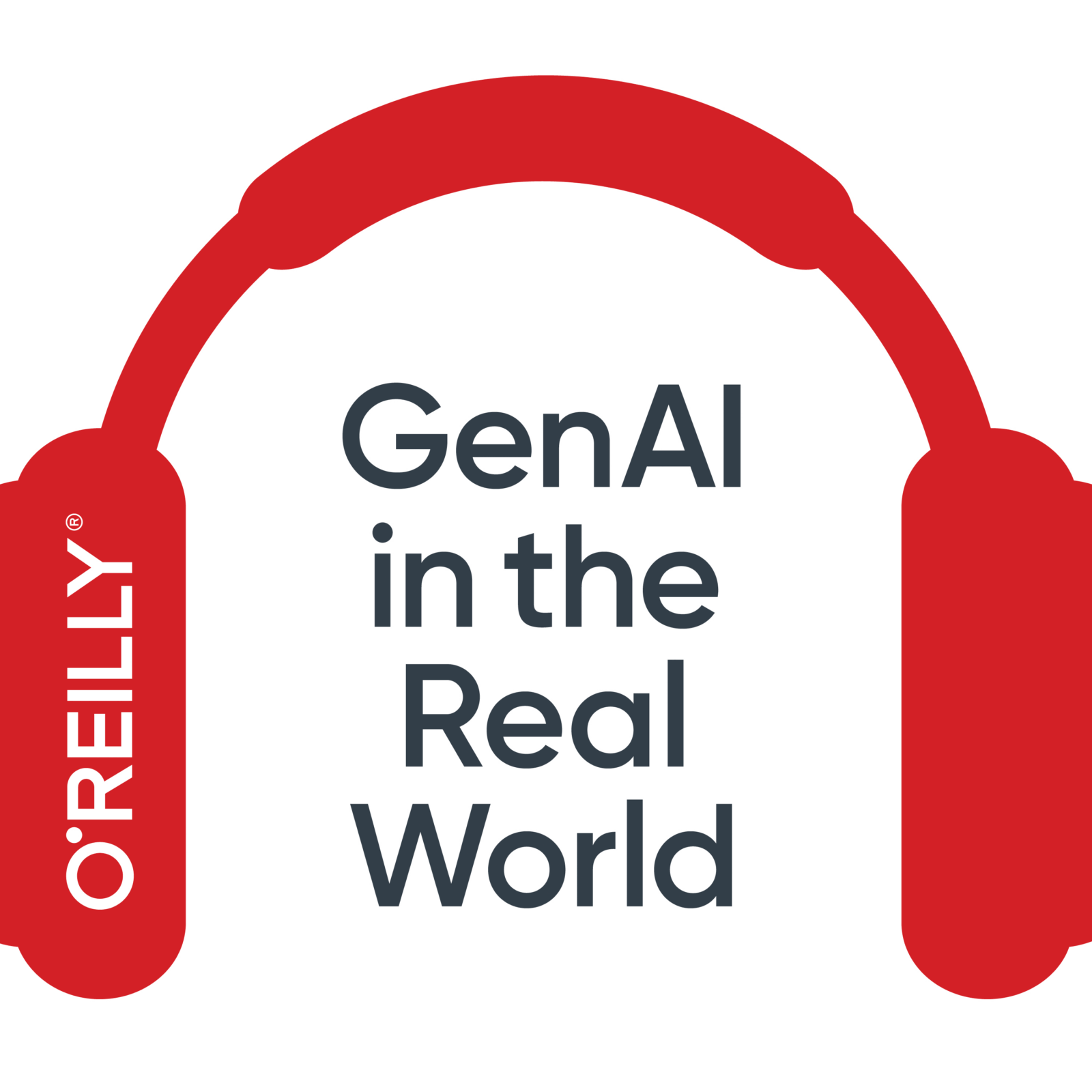
Making the invisible visible, the inaudible heard.

Glasses. I did speak with a very interesting tinkering version for ThingsCon (keep your eye on the program), but this one is a new one with another proposition.

Whether it’s just a marketing story or for real, it makes a lot of sense to frame sensoring in a car-safe story.

Tech societies
Is it wishful thinking or a genuinely possible outcome? AI is driving new shifts in the societal use of energy-intensive activities to compensate for the excessive energy consumption associated with AI.


Healthy business models to secure healthy markets, connected to the new default communication of AI overviews.

Don’t look up. The clouds are made of satellites. Will it be included in these weather forecasts?
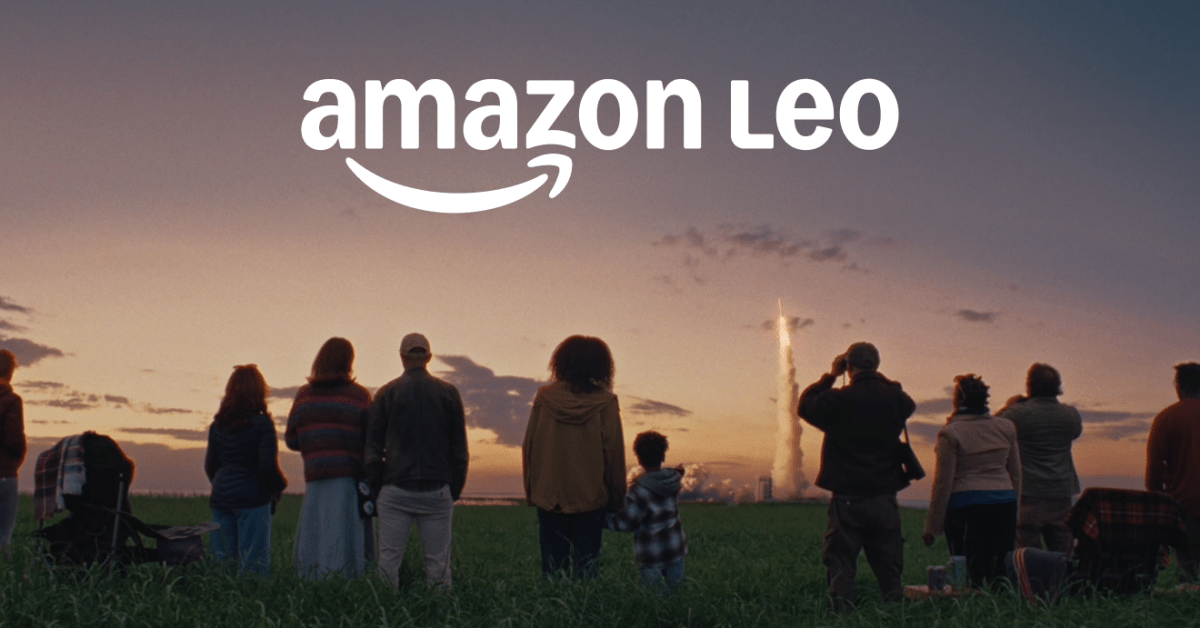
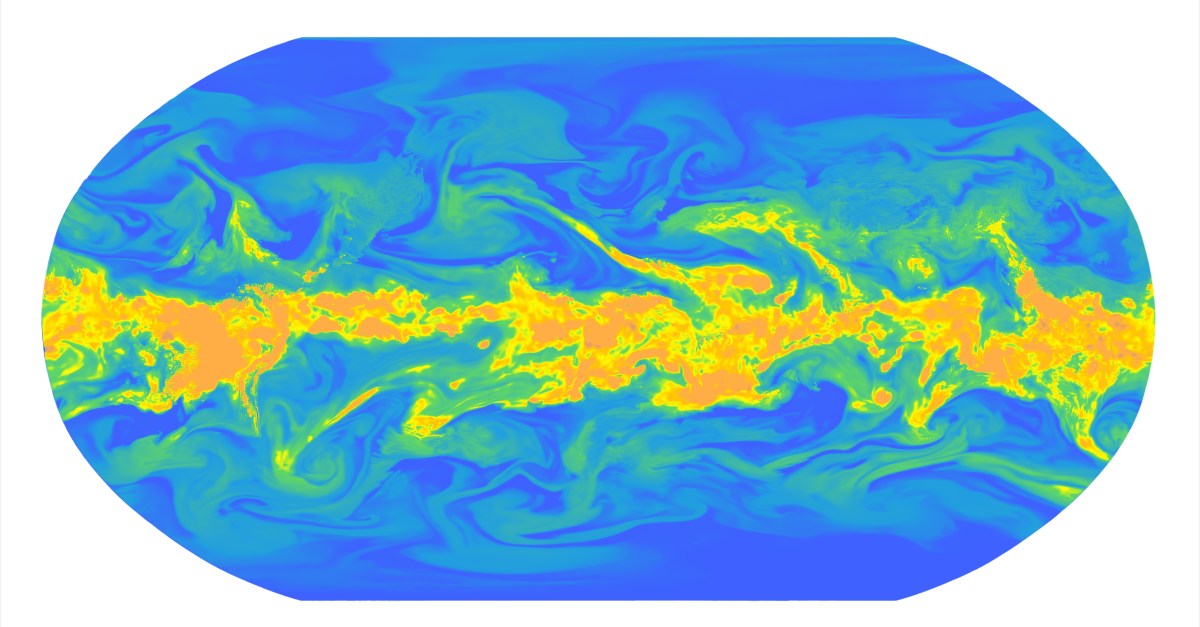
New workings for good old things
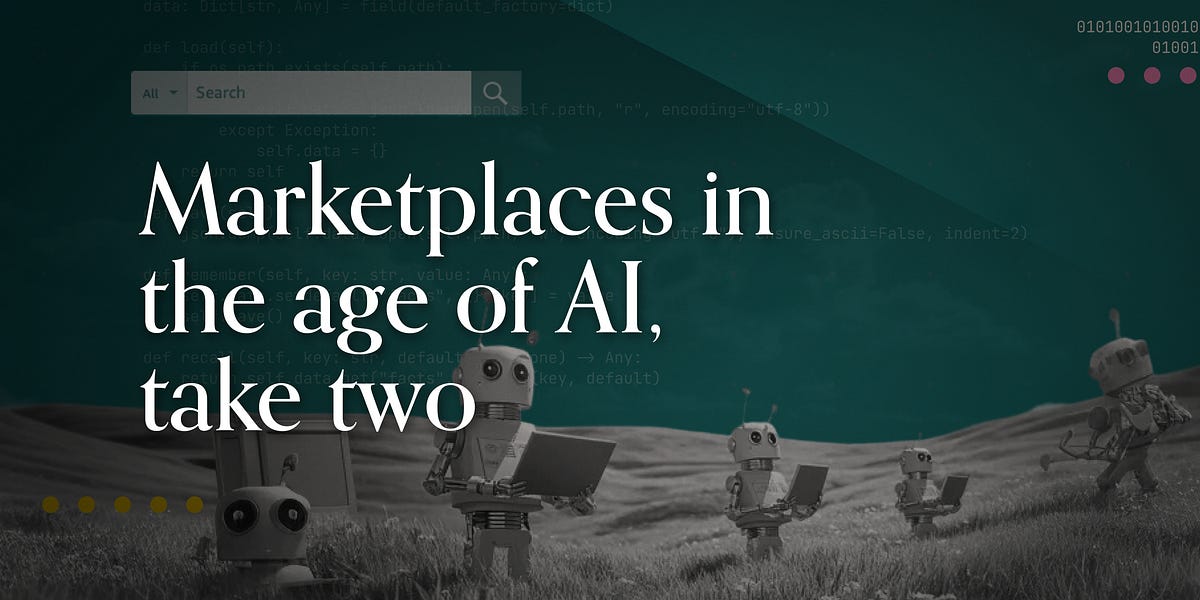
Anthropic is taking the route to dominance in the B2B AI, leaving the consumer market to OpenAI and Google (including Apple as an outlet). It needs to secure its own infrastructure. Google is also preparing for corporate boundaries.


An AI-assisted hacking attack was 90% autonomous. Not a surprise, given the evolution from automated DOS attacks.

New Chinese promising models. Like Kimi, Weibo.
Weekly paper to check
Looking at this book (Design as Democratic Inquiry: Putting Experimental Civics into Practice Open) to put on my reading list, I checked an earlier paper: Designing Speculative Civics
In this paper we present and reflect upon a series of research through design (RtD) projects that investigate speculative civic contexts. From this, we identify and discuss tactics that can be employed in RtD projects: RtD as Representations of Systems Yet-to-Come, RtD as Prototyping Systems and RtD as Use of a System.
Carl DiSalvo, Tom Jenkins, and Thomas Lodato. 2016. Designing Speculative Civics. In Proceedings of the 2016 CHI Conference on Human Factors in Computing Systems (CHI '16). Association for Computing Machinery, New York, NY, USA, 4979–4990. https://doi.org/10.1145/2858036.2858505
What’s up for the coming week?
If you are reading this today, you might check the new book release “Not my AI” by Gabriella and Gabriella. It is sold out, though. Podcast over Media liveshow too.
Some people attend a totally different event, far away: a Future Forum. Or the Digital Commons Policy Summit if you are into that.
IDFA is happening. I might try to catch a movie. Or explore other media.
And of course, we will announce the (almost) final batch of sessions for TH/NGS this Friday. We have a newsletter too :-)
Have a great week!
About me
I have been working in digital technology since the start of the Internet. As a designer, as a strategist, as an innovation lead. Curiosity about the possibilities and impact of new technologies drives my work. Sharing knowledge and building communities of practice and research, I do so through the meetups and conferences I organize. I'm now working as an independent researcher through co-design, curator, and “critical creative”, working on human-AI-things relationships. You can contact me if you'd like to unravel the impact and opportunities through research, co-design, speculative workshops, curate communities, and more.
Currently working on: Cities of Things, ThingsCon, Civic Protocol Economies.














